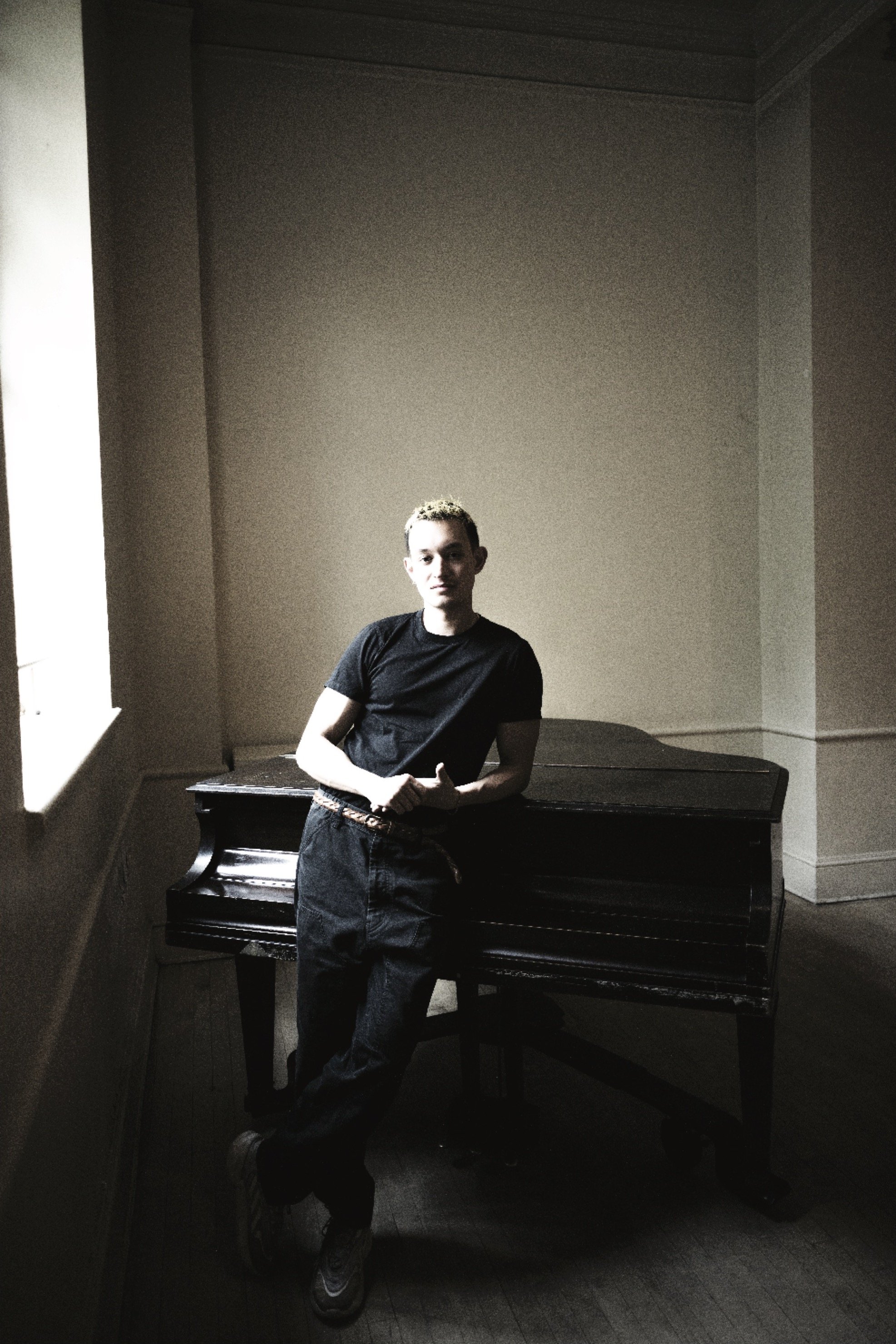kyle dacuyan’s incitements
introduction by Rachelle Toarmino
what happens when no one is looking
“Poetry is what happens when no one is looking.”
I first heard Kyle Dacuyan say this at a virtual job talk in 2020, where he presented on his role as executive director of The Poetry Project at St. Mark’s Church in New York City. The second time was two years later in the fall of 2022 at the University of Massachusetts-Amherst, where the poet, dancer, and culture worker read from Incitements, his debut book out later this year with Ugly Duckling Presse.
I don’t consider the line’s reappearance in a poem as Dacuyan giving it a second wind, working it into a new context from an earlier one. Instead, I view it as an extension of one of the central concerns of his poetry: art and work are not categories or divisions of attention but an open system. The problem with an open system, however, is that work’s demands on attention tend to become louder than art’s, requiring a poet to squeeze their imagination into ever smaller spaces, making for fewer and fewer opportunities to arrive at a poem. To hold out, art must perpetually evade, disrupt, and steal.
This is why Dacuyan’s poems feel like getting away with something. In them, he challenges the transactional uses of our bodies and speech by deracinating and renewing the language of day jobs, errands, and passive consumption. His poems are a private thing–a pleasure–happening when no one is looking, stored away in the margins of a day. Or they are an interruption, an upending of a moment that otherwise would belong to obligation.
What’s striking is that Dacuyan invites–or perhaps incites–the reader to join him in these acts. The book’s penultimate and eponymous poem “Incitements,” originally published by The Brooklyn Rail, directs us to participate in the creation of art and the radical possibilities that lie in the act of meaning-making, which is always a collaborative act. In the spirit of Bernadette Mayer’s “Experiments” compiled in the 1970s or Charles Bernstein’s in the 90s and 2000s, the poem includes suggestions or prompts for reimagining ordinary encounters with language as potential sites for poetry. It asks us to loosen language from the prose of everyday life, with all of its instructions and goals and clarifications, and reactivate it. Look.
m. dellas
incitements
We endeavor to experience the language that waits underneath the obligations we feel for language to mean, to impress, to communicate, to assemble, to work
We support ourselves and one another in finding what barriers may exist for us around the liberation of our respective speech
We try to get ahead of the habit to inhibit the unexpected and uncontainable pleasures of voice
Poetry is what happens when no one is looking
-----
Take pictures of language as you explore a place you’ve never been before
Download your google search history
Dance for at least ten continuous minutes, lie down in corpse pose, if different places in your body were parts of a village what sorts of occupations would your various limbs, organs, and sensations have (my lungs are blacksmiths, my knees are cobblers)
Research the etymology of the first word you think of or look at, histories of usages, crossings of language and civilization, bastardizations, obscure and discontinued meanings, associations, etymology can come from something like Oxford English Dictionary, it can also come from Your Own Personal Etymology of a given word (its history and presences in your life)
Note language that feels particular to your job, whatever that may be right now (“work the file” / “ripe for social”)
Describe what you imagine to be the journey for every element of food within a particular meal, from ingestion, to preparation, to shipment, to cultivation, and maybe to a context that stretches even earlier than this
Compose a history of lovers where everyone gets one sentence
Compose a history of lies you have told
Zoom your view of a google map to a point where you can see names of towns and cities, imagine and describe the buildings, work, environment, spirit, colors, and any other associative perfumes of any place with a name that interests you (Lost City, West Virginia; Nothing, Arizona; Santa, Idaho; Hell for Certain, Kentucky)
Using only nonliteral and automatic terms, describe an unpleasant physical experience (headache, exhaustion, indigestion)
Identify as many manifestations as you can of grief, joy, agony, or curiosity around a particular element (rubber and where it comes from, its colonial history with Henry Ford in the Amazon, its applications in flip-flops, condoms, the tires of cars and tanks)
Write a continuous uninterrupted cartography of your body past the point where you feel you must stop
Describe your day so far but you can only use prepositions, conjunctions, articles, and pronouns; you can use these as though they were nouns, verbs, adjectives, but you may not use actual nouns, verbs, or adjectives
Write a letter to someone who is dead
Our visual experience of memory tends to be closest to language, but if you choose another sense, try to compose the most exhaustive catalogue you can of memories that come to mind; what are your foremost specific memories in terms of touch, scent, taste, sound
Look in a dictionary for a word you may have seen before but didn’t really know the meaning of (pusillanimous, propitious), attempt to translate into a dance or wordless song the meaning that is relayed to you, translate this back into any words that come automatically to mind
Make a list of questions, observations, critiques, and associations that come to mind when you look at pornography
Keep an ongoing list of one word selected from every news / media article you read
Describe any series of images you scroll through on social media, but only in terms of textures
What do you think might be the constitutive elements of particular dust in your home

